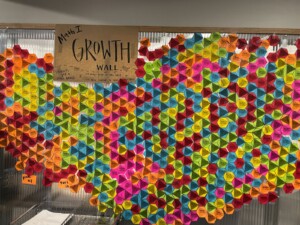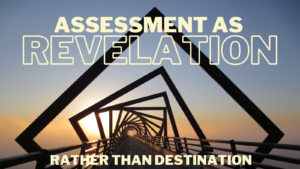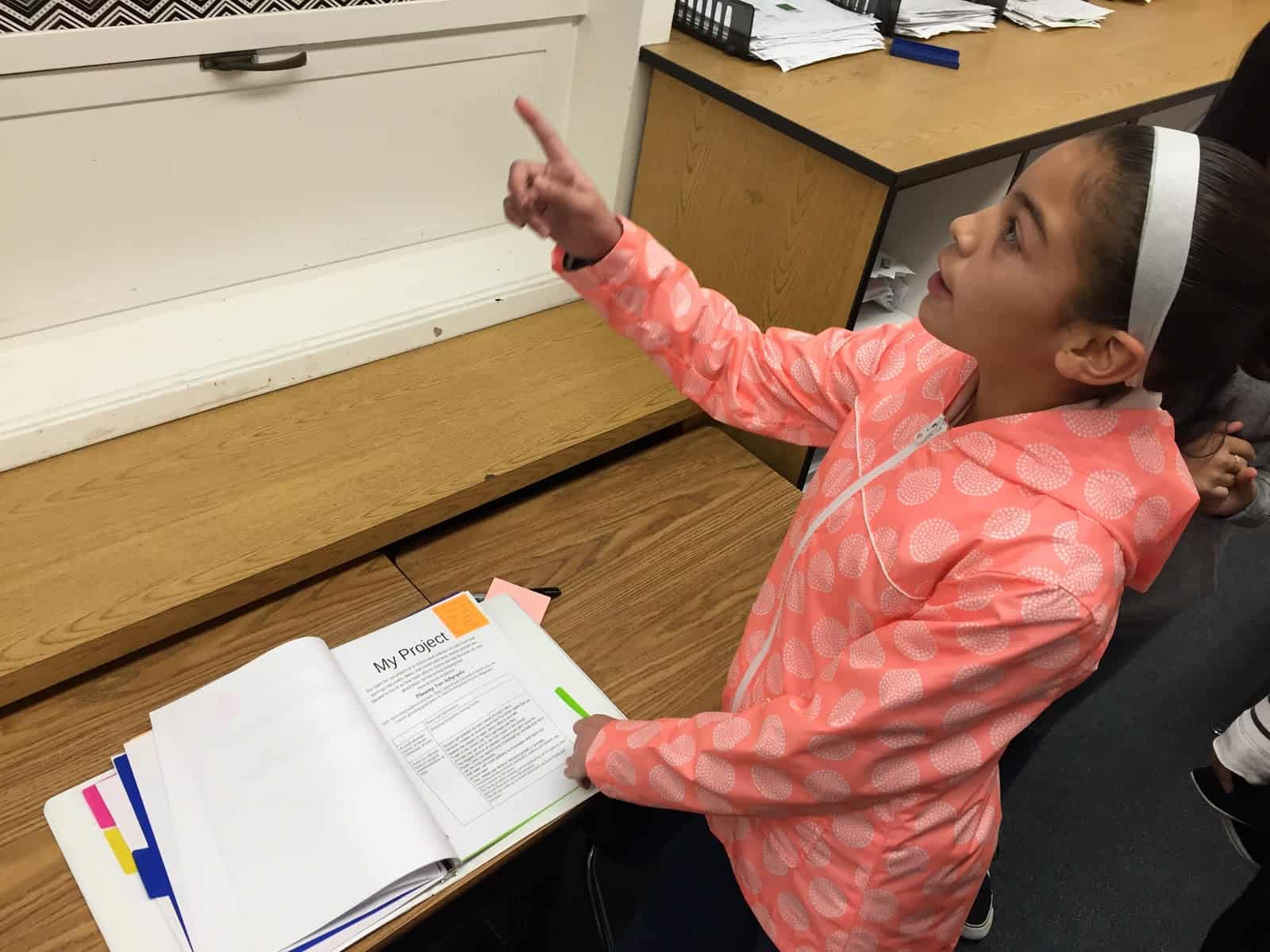Assessment
A Transformative School Year with AI
Rachelle Dené Poth shares educator and student thoughts on how emerging tech like AI has impacted their school year.
Measuring Learning Growth: Competencies and Standards
The role of competencies has become increasingly important as employers, students and educators realize the impact of transferable skill deficit in young people. The challenge, however, becomes implementation.
Assessment as Revelation, not Destination
When we think about the implication of education within high stakes societal times experiencing struggle and scarcity, we often succumb to the comfort of what we know, and what we think we can control but we must open the possibilities in learning spaces to improve the livelihoods of our students and support their growth and development into a world of possibility.
What Can Students Do?
We must shift to co-construct assessment rubric criteria with students instead of at students.
New Metrics for Success
Cameron Paterson explores the way schools and universities quantify the educational achievements of young people and how the school system is too narrowly fixated on test results as a measure of student achievement.
Promoting Student Choice and Voice in Learning
Rachelle Dené Poth shares resources for creating meaningful assessments.
A Dashboard is Not A Plan
Dr. D’Andre Weaver and Dr. Eric J Ban detail how education leaders are seeking more holistic insights to support students on their college, career, and life journey.
Dr. Trish Scanlon on How Voice Technologies Should Work For Kids
On this episode of the Getting Smart Podcast, Tom sits down with Dr. Trish Scanlon to discuss the rise of AI, with specific attention on voice technologies and how it can best work for young people.
Striving Toward a Better Accountability System
By: Dr. Jill Siler. Superintendents can be held accountable in a way that is well-rounded, appropriate for children, and reflective of the hopes and dreams of their communities.
Pharrell Launches Whole Child Nonprofit to Even the Odds
YELLOW is building data-driven, meaningful, and future-forward assessment tools to help advance the art of teaching as a system.












